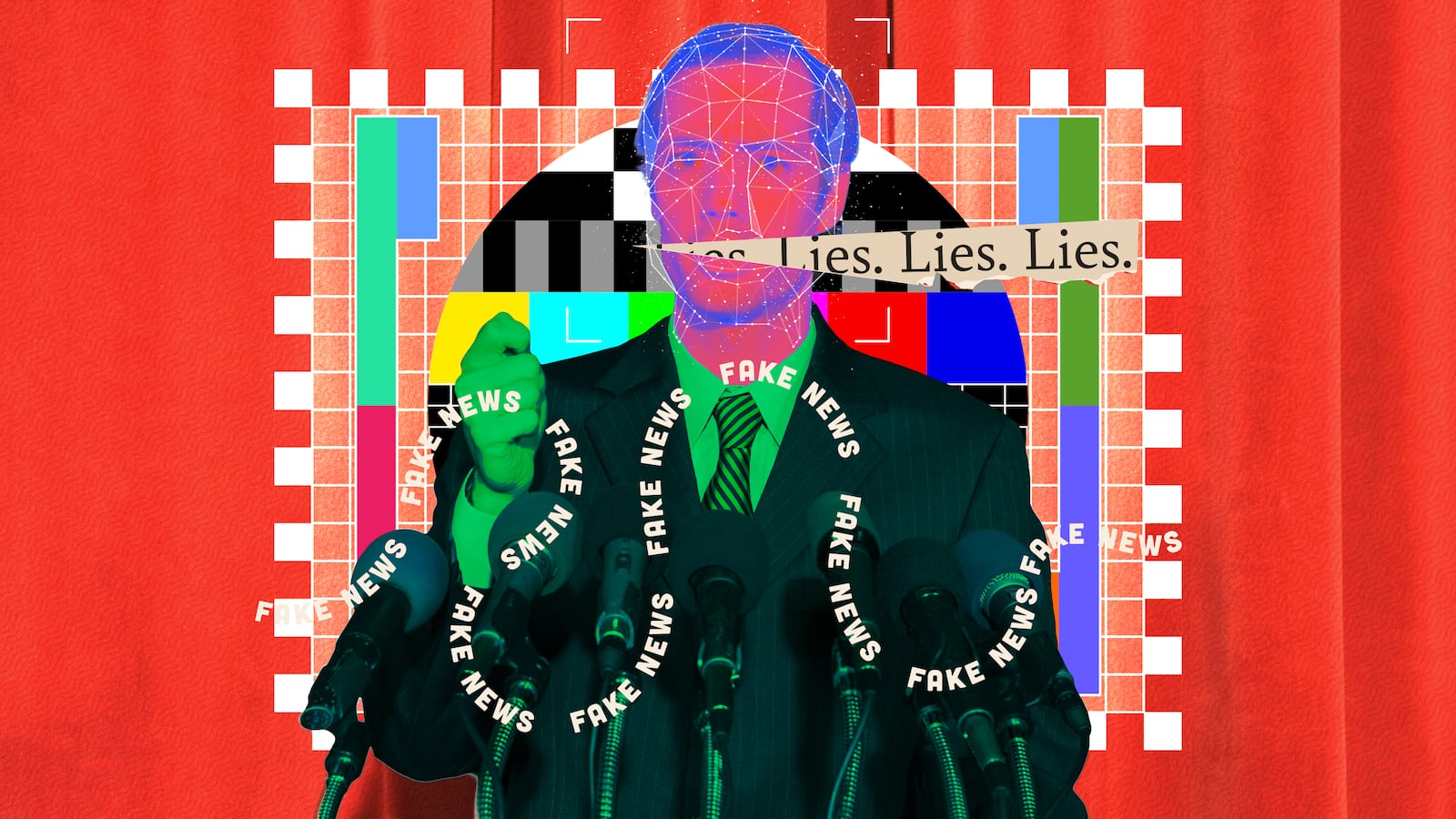In January the World Economic Forum declared AI-driven misinformation one of the biggest short-term threats to the global economy. However, six months later, in the wake of Taiwanese, Indian, British, and French elections, the death of democracy and truth is starting to seem greatly exaggerated.
While there were some incidents involving AI, they didn’t overwhelm societies’ ability to debunk them and none of them constituted significant political disruption—even as they have become easier to make by orders of magnitude.
Experts and media outlets, once warning of electoral chaos, are now coming to terms with this awkward anti-climax.
In early July—after the U.K. Labour Party won in a landslide election—the BBC conceded “in the end it wasn’t a deepfake election,” calling concerns a distraction from more traditional problems with disinformation.
Worries about the impact of deepfakes on the upcoming U.S. election have been cast into doubt after the attempted assassination of former President Donald Trump resulted in no AI-generated media of any significance—as recently noted by Axios. Mislabelled or photoshopped images did circulate in the aftermath but were quickly debunked, in part thanks to reverse image search tools powered by AI. The same kind of manipulated media has emerged in the wake of Kamala Harris replacing Joe Biden as the Dems’ presidential candidate. An image of her standing with Jeffrey Epstein was also quickly debunked. Others, of a fake Biden resignation speech, were too absurd to be considered real.
Even the most notable example of AI related interference in the 2024 election cycle—an AI-generated robocall from Joe Biden urging people not to go to the polls in New Hampshire—turned out to be the work of a rogue democratic operative, rather than a Russian or Republican one. (supposedly in the name of raising awareness for this grave threat to democracy). According to testimony from New Hampshire’s election commission, it had no discernible impact on turnout. In fact, they said it was the highest turnout in years. A number of other incidents tracked in a report by the Abundance Institute haven’t had a meaningful impact on the 2024 election cycle so far.
The theoretical prospect of the free world descending into a real life Black Mirror episode was irresistible and convincing, but as reality sets in and people sober up, the emerging questions were: If fake media had the power to swing elections, why has Photoshop not been weaponized by the FSB, CIA and CCP to sow discord in prior decades? If fake audio recordings are such a powerful influence tool, why haven’t foreign intelligence agencies hired and trained impersonators since the dawn of recorded sound?
The truth is, the ability of hostile governments or rogue political actors to create synthetic media has existed for decades. It was certainly more costly and slower—but nation states aren’t generally constrained by time, money, and resources.

Britain's Prime Minister Keir Starmer speaks during Prime Minister's Questions at the House of Commons in London, Britain, July 24, 2024.
UK Parliament/Jessica Taylor/Handout via ReutersThe lack of impact backs up what a minority of voices have been saying in prior years, like researcher Tim Hwang who has long doubted the threat, going so far as arranging a wager in 2018 around whether a significant deepfake would emerge by year’s end. Other dissenting voices in academia such as U.K. professor Dan Williams and Oxford University’s Keegan McBride, who both critique alarmism around disinformation and AI, now appear prescient.
Even those warning of existential risk of AI have had a change of heart—like Oxford University’s Michael A Osborne who went from warning of “AI minimizers” denying the risk of deepfakes in late 2023, to saying “AI will be to misinformation what a snowball is to to the ocean,” and admitting a change of heart.
However, it is troubling that alarmism around deepfakes has actually done the very thing people feared AI would do: undermine trust in truth, the media, and democracy. Research is emerging suggesting such alarmism undermines faith in democratic principles and election outcomes, and increases divisions in society. A recent Moody’s report suggested deepfakes could undermine credibility in US institutions, while a global survey from May showed 72 percent of people worry about being fooled by deepfakes on a daily basis.
One example is a 2023 report in The New York Times on the Gaza conflict, that noted that while deepfake images had not been common in early period of the conflict, the notion of deepfake prevalence actually undermined people’s trust in media reporting of the conflict.
In July, the former head of the U.K.’s National Cyber Security Centre, Ciaran Martin, wrote in The Guardian that “it has become too easy—even fashionable—to cast the integrity of elections into doubt” in regards to deepfake panic, going on to say, “So far, it has proved remarkably hard to fool huge swathes of voters with deepfakes.”
Ironically, in the wake of President Biden giving up on his re-election campaign, Republicans claimed a phone call he made to Kamala Harris was AI-generated, using a notoriously unreliable deepfake detector. Ultimately, it was just the latest example of the deepfake panic being a bigger threat to truth than deepfakes themselves.







